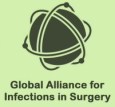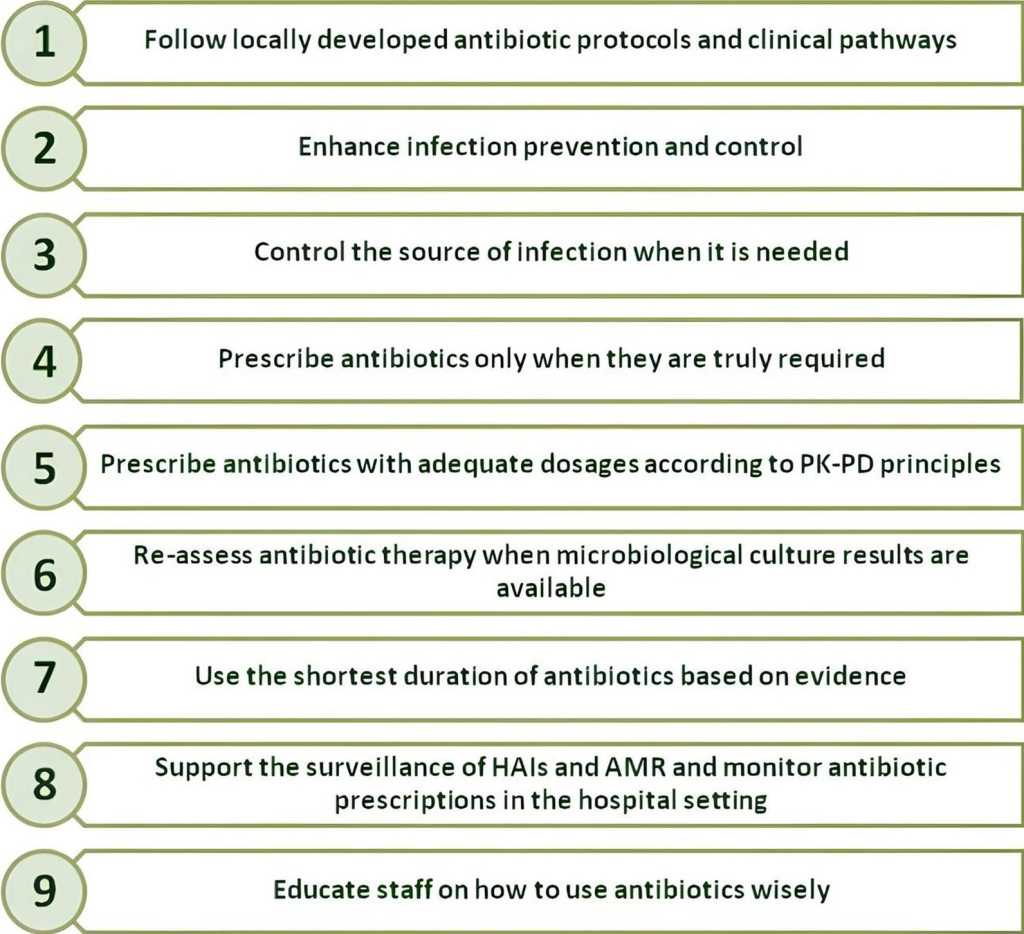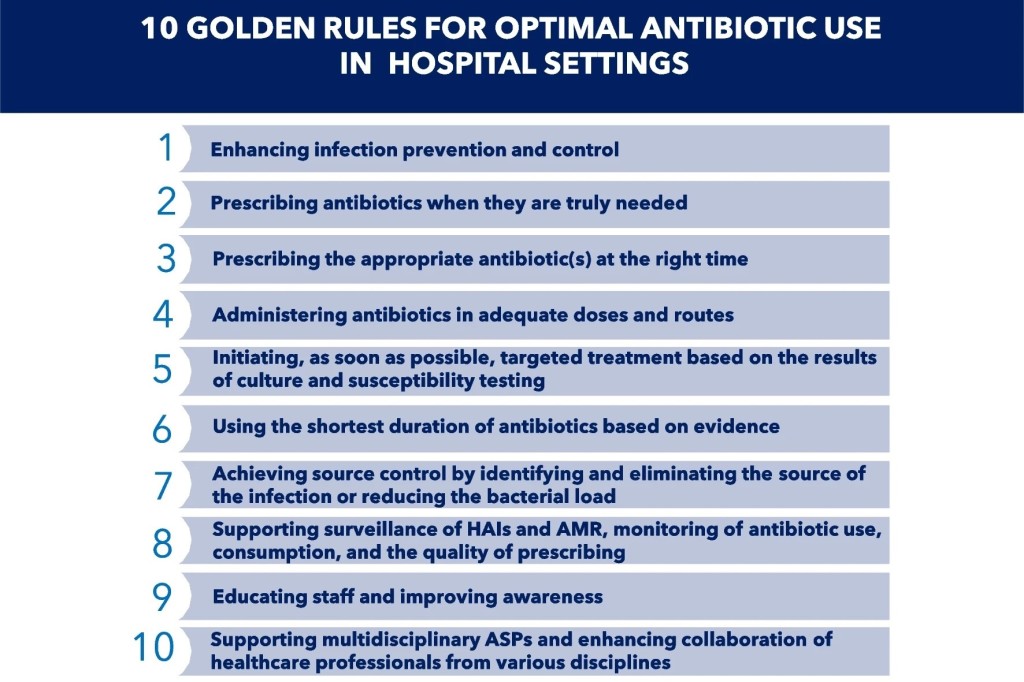Francesco M. Labricciosa, MD, Specialist in Hygiene and Preventive Medicine

Today the world is facing a crisis that threatens the fundamental pillars of public health, scientific integrity and social stability. These challenges can exacerbate global inequalities, jeopardise health security and undermine the progress achieved through years of international collaboration. It is crucial that health scientists are aware of these interconnected challenges and respond united and determined.
For these reasons, in a paper recently published in the World Journal of Emergency Surgery, a viewpoint declaration was signed by the Global Consortium for Solidarity to Overcome Challenges, Restore Trust and Advance Science for a Sustainable Future. This group included 366 healthcare workers and scientists from 119 countries from across all continents and belonging to numerous disciplines.
The paper aims to highlight the urgent need for global solidarity and collective action to address several global health challenges.
The authors begin their dissertation by focusing on the importance of investing in resilient healthcare systems, considering the vulnerability and fragility of global public health systems revealed by the COVID-19 pandemic. Moreover, the rapid process of globalisation has challenged traditional border-based control mechanisms, calling for new approaches to governing the globalization of public health.
Then, considering climate change as a public health emergency is essential, as well as evaluating the challenges of infectious diseases and antimicrobial resistance (AMR). In particular, AMR is considered by the authors as a global scientific, human, and economic challenge. They wish for a new research model on AMR that promotes collaboration and integrates knowledge across disciplines, ensuring a holistic approach and universal impact. Therefore, these objectives can be achieved adopting a One Health approach to combat infectious diseases and AMR.
Moreover, wars must be considered as public health emergencies. They have devastating effects on health, requiring immediate and coordinated global response. The healthcare community must play a leading role in preventing wars and promoting peace.
Among the challenges to be faced today, the authors included also combating false and misleading information. False narratives regarding health can damage public trust in science. Scientists must actively involve the public and communicate their findings in transparent and accessible ways. Furthermore, rethinking the quality and integrity of scientific research is essential as well.
Regulating artificial intelligence use in healthcare should be a priority, wisely considering its opportunities and challenges in a balance between innovation and ethical oversight. Finally, the importance of strengthening the global health governance is clearly underlined.
The authors conclude that scientists, clinicians, and healers can be stronger and better in restoring global trust and confidence only if they are united by a single but shared goal: a healthier world for all.
Reference







